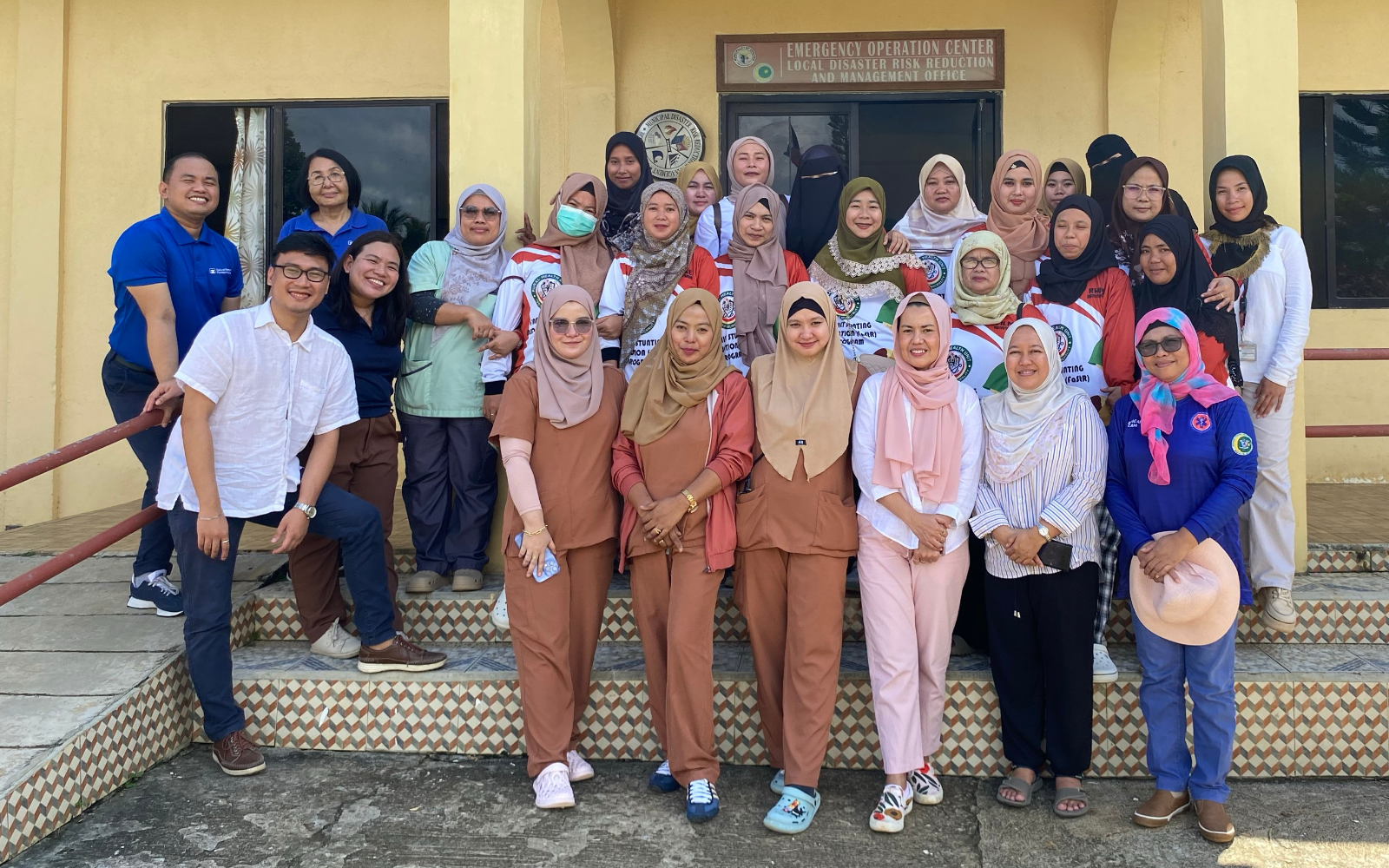Learning Milestones in Tipo-Tipo: Advancing Nutrition Systems through ZFF FaStR and Pook Malusog Programs
News
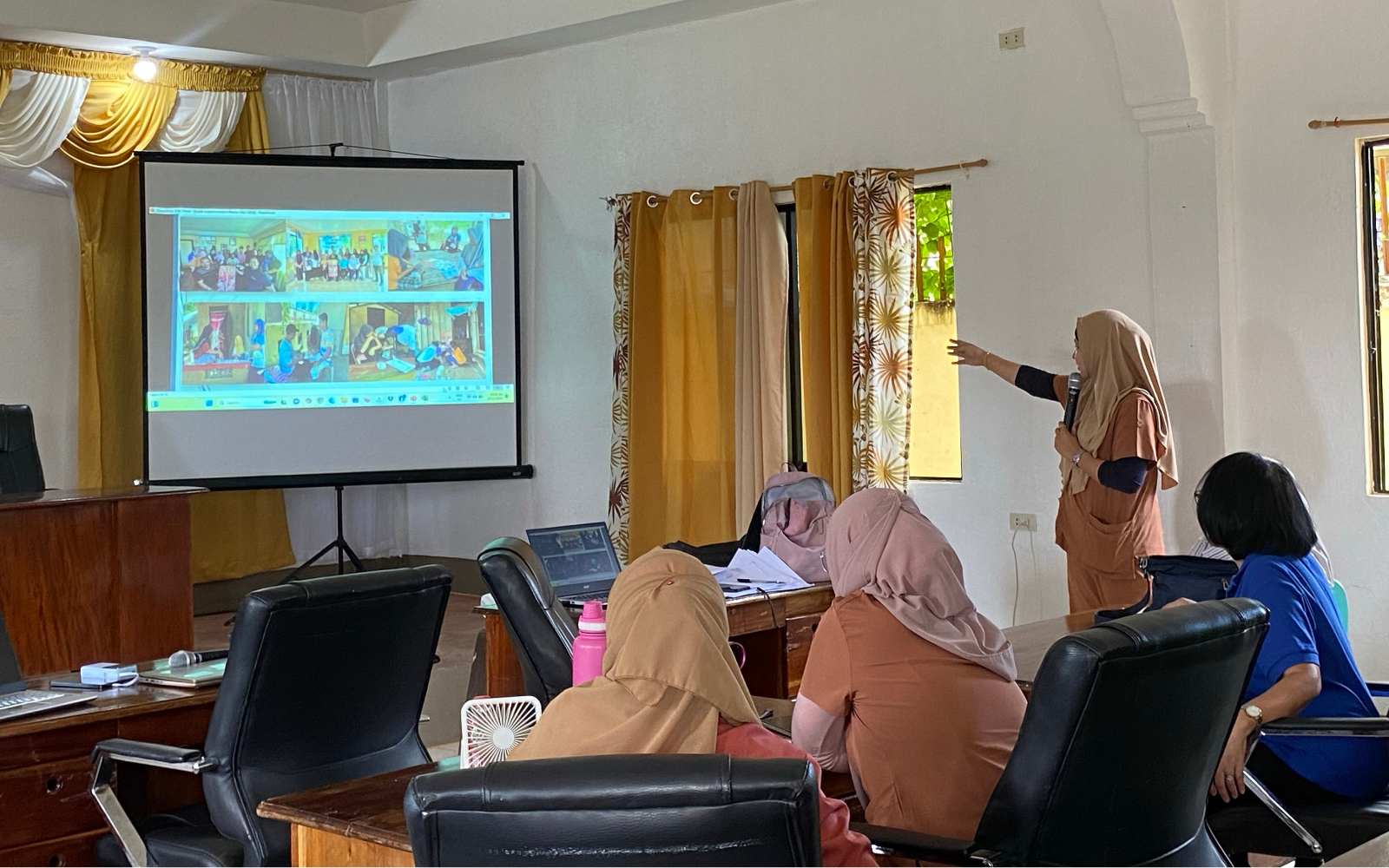
On November 12, 2024, the small but determined community of Tipo-Tipo in Basilan welcomed back-to-back field monitoring activities. The day was dedicated to evaluating the progress of two key health initiatives piloted in the area: the Family Stunting Reduction (FaStR) Program and the Pook Malusog Dashboard. Both programs are part of ongoing efforts by the Provincial Government of Basilan, supported by the Zuellig Family Foundation.
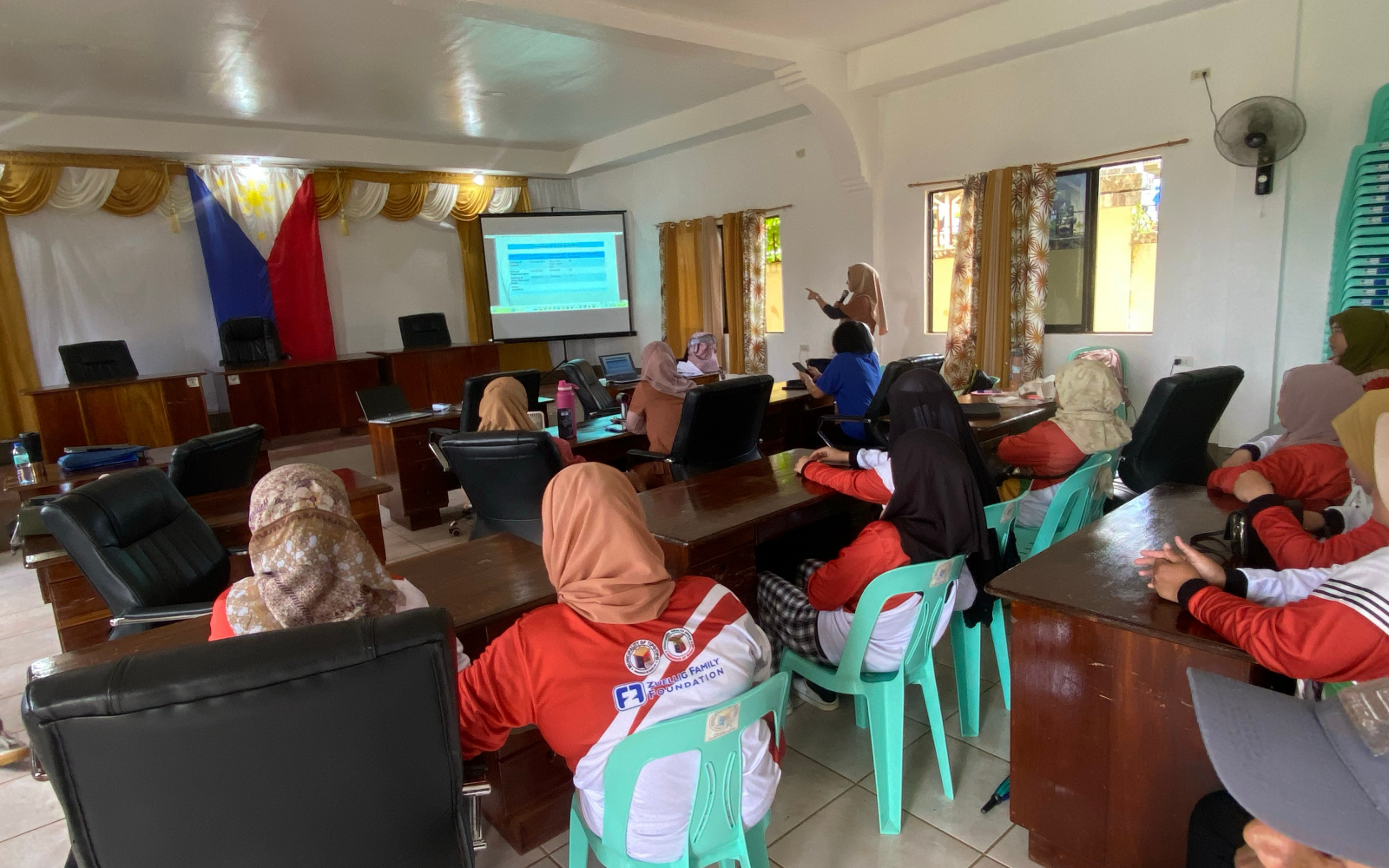
What is FaStR? A Program Review
The day started with a review of the FaStR Program. The program empowers families to adopt health and nutrition practices critical for reducing stunting among children in the First 1,000 Days (F1KD). Through education, tools, and regular monitoring, FaStR equips families to make sustainable changes that improve overall well-being. Barangay health workers and municipal health staff shared updates on the program’s progress.
While changing family behaviors remains a challenge, there were inspiring stories of success. More families are now attending prenatal checkups and getting their children vaccinated—a big win in a community where traditional beliefs can often make change difficult. These small victories reflect a shift towards healthier practices and greater trust in health services.
Dr. Nur Khan Istarul, Municipal Health Officer, highlighted the need to integrate FaStR into existing local programs for sustainability. He mentioned plans to merge FaStR with Adopt-a-SAM (Severe Acute Malnutrition), a local health initiative, and to propose new policies that would ensure consistent budget support. The idea is to offer incentives for families who show significant improvement in their children’s health, as a way to encourage others to follow suit.
Harnessing Technology for Health Information: Pook Malusog Dashboard Assessment
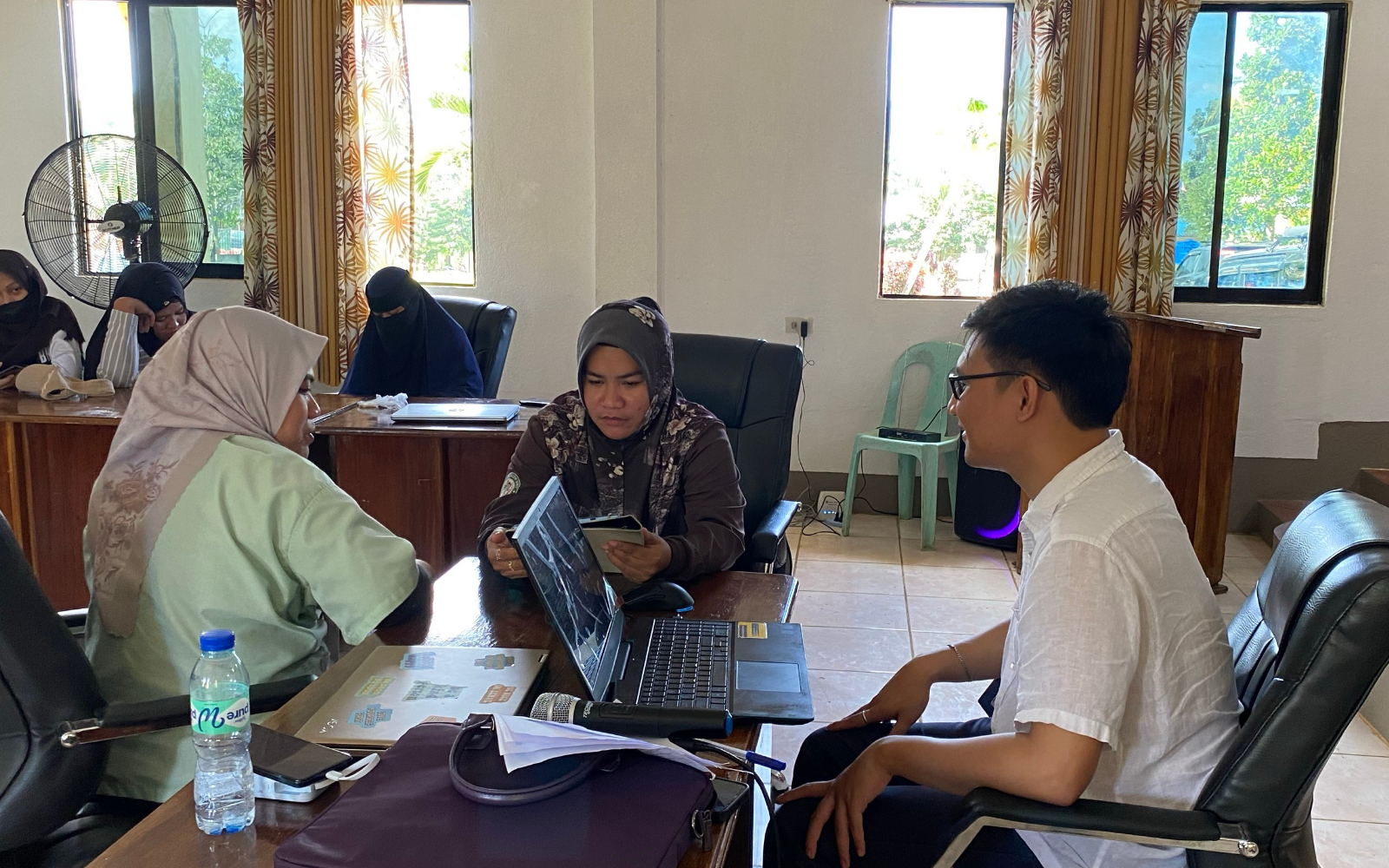
In the afternoon, attention turned to the Pook Malusog Dashboard, a digital tool designed to make health data collection and monitoring easier. The Dashboard streamlines data collection and analysis for child, maternal, and adolescent health, focusing on the F1KD period. It enables healthcare workers to efficiently track health trends and access actionable insights to improve services. The session was attended by Local Government Unit (LGU) staff, Rural Health Unit (RHU) workers, and a group of newly trained Barangay Health Workers (BHWs).
Participants shared their experience with the dashboard’s pilot run. They noted that the tool had streamlined field visits, especially for tracking pregnant teenagers, thanks to an updated master list. The team expressed readiness to expand the dashboard’s use to two more barangays, planning to train additional health workers for this rollout.
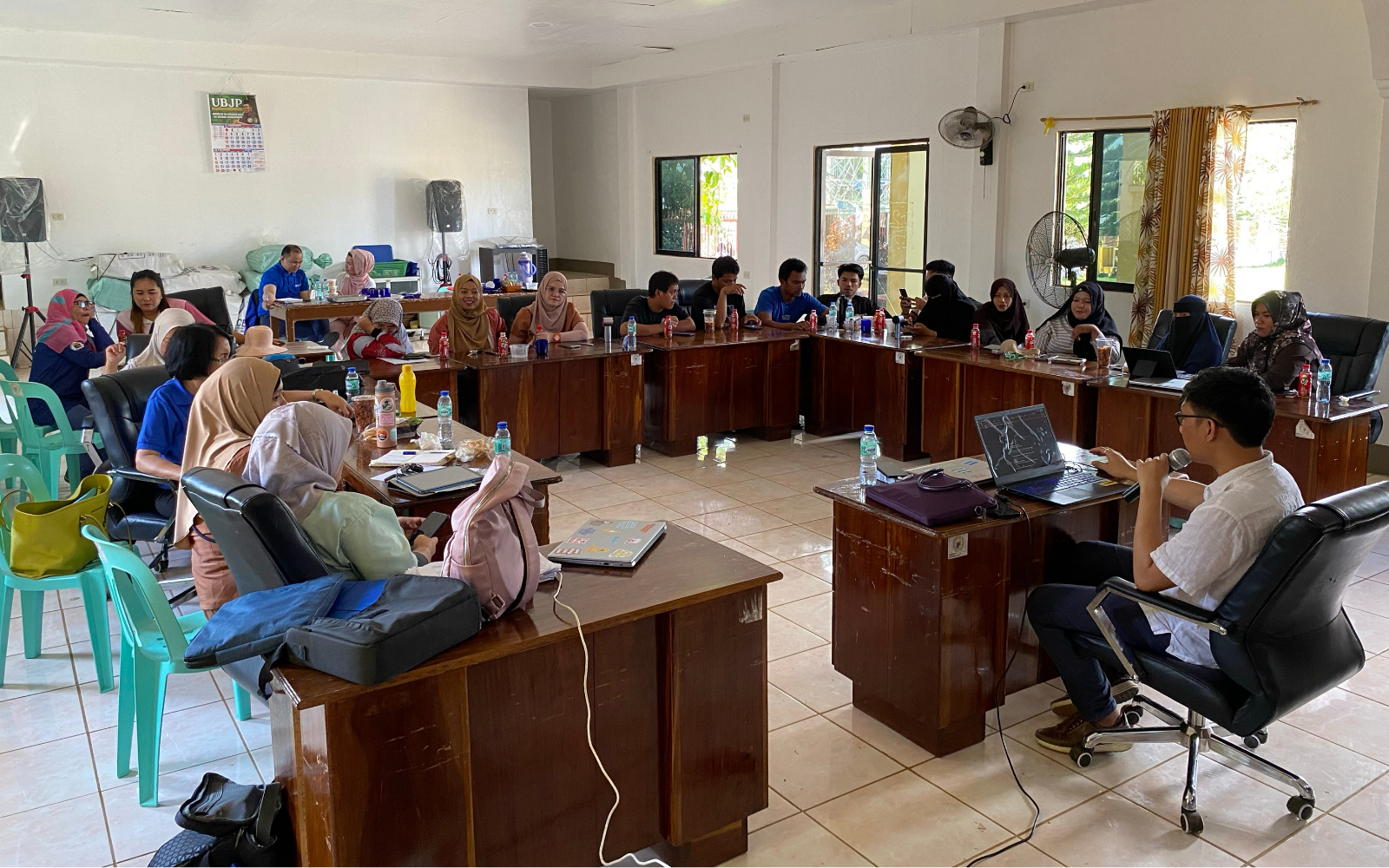
Tipo-Tipo’s commitment to piloting both the FaStR Program and Pook Malusog Dashboard showcases the community’s drive to improve health outcomes. The lessons learned from these monitoring activities will be crucial as the LGU and partners look to scale up these projects. By integrating these initiatives into existing health services, Tipo-Tipo aims to build a stronger, more resilient health system that benefits all its residents.
